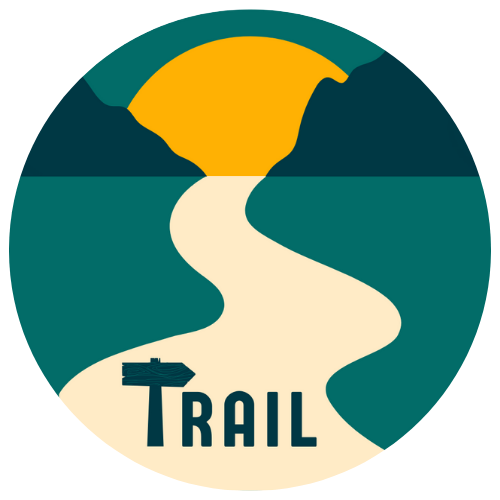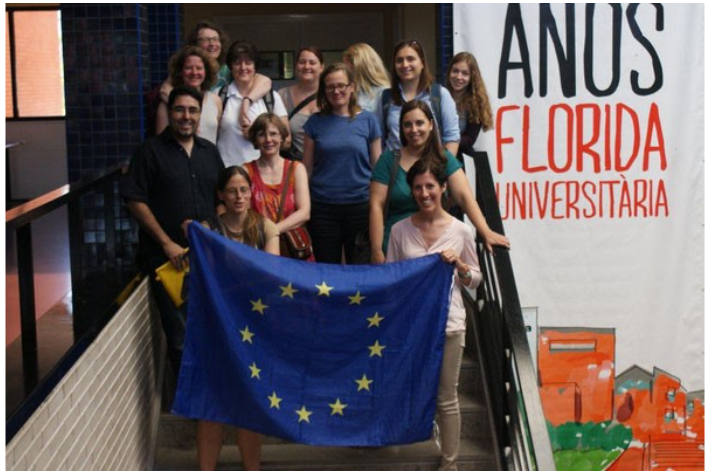- Summary
- Fact Sheet
- Synergy and Transfer
- More Information
The structured training courses, held between September 2021 and April 2022, focused on equipping educational staff with tools to validate non-formal and informal competences and learning outcomes. These trainings were part of a larger effort to enhance learning mobilities, particularly for educators working with migrants, refugees, and other disadvantaged learners. The goal was to provide new methods for validating competences acquired through mobility experiences—where participants engage in learning across different cultural and geographical settings. A key innovation was the integration of game-based learning, creative educational methods, and sustainability, making education more accessible to learners with language barriers or those from non-formal education backgrounds.
Target Groups:
The primary target group was educational staff and trainers, particularly those working with migrants, refugees, and disadvantaged learners. By enhancing the validation skills of 80 educators across Europe, the project indirectly improved the educational experiences of learners participating in mobilities, helping them to assess and value their competences gained during such experiences. This included a special focus on migrant learners who often acquire diverse skills through personal and work experiences outside formal educational settings, especially during learning mobilities.
Special support required:
These trainings provided educators with tools to help migrant learners better assess and validate their competences gained during mobility experiences. Migrants often face language barriers, and the game-based learning approach offers a more inclusive and interactive way for them to engage with learning content. This is especially important in learning mobilities, where learners are exposed to new cultures, languages, and contexts.
Innovation:
The integration of game-based learning and other creative methods for validating competencies was a key innovation, especially for learners involved in mobility experiences. These methods are particularly useful for migrant learners, as they allow for the validation of competences that are difficult to measure through traditional methods. Games provided an accessible and engaging way to demonstrate skills such as teamwork, communication, adaptability, and intercultural understanding.
Furthermore, mobility experiences offered migrants an opportunity to step outside their familiar environments and develop new skills through exposure to different cultures and educational settings. By using games and creative validation methods, educators could capture these informal learning experiences, ensuring that migrants’ competences were recognised and validated, even when acquired in non-traditional settings.
The validation methods learned during these training sessions were designed to be transferable across various educational contexts and countries, especially in mobility-based learning programmes. As migrants and other learners often acquire competences during Erasmus+ mobility experiences, the need to validate those informal learning outcomes is crucial. The games and creative methods taught during the training can easily be adopted by educators in different contexts, allowing them to validate the competences gained by learners during mobilities. This supports social integration by ensuring that skills such as intercultural communication, resilience, and problem-solving—often developed during learning abroad—are recognised and valued.
Project Website:
https://erasmus-plus.ec.europa.eu/projects/search/details/2020-1-DE02-KA104-007063
HochVier – Gesellschaft für politische und interkulturelle Bildung e.V.

